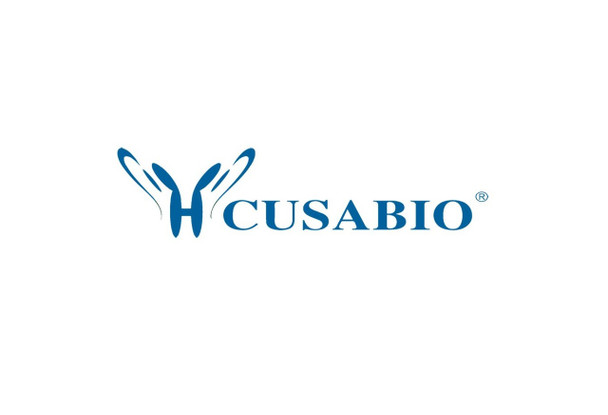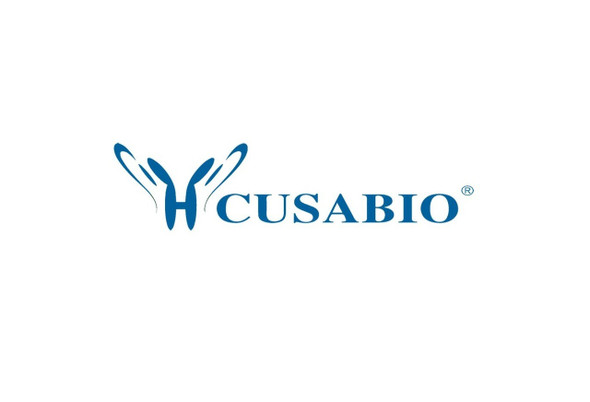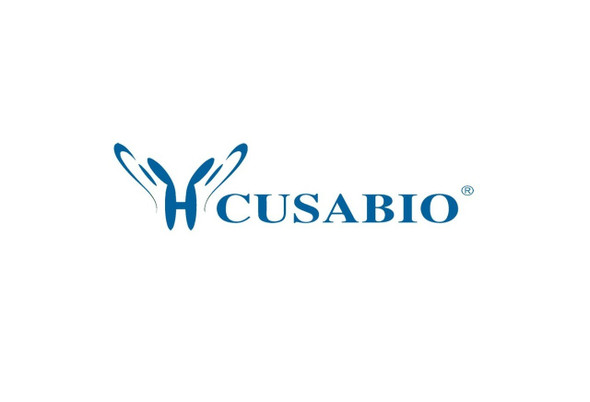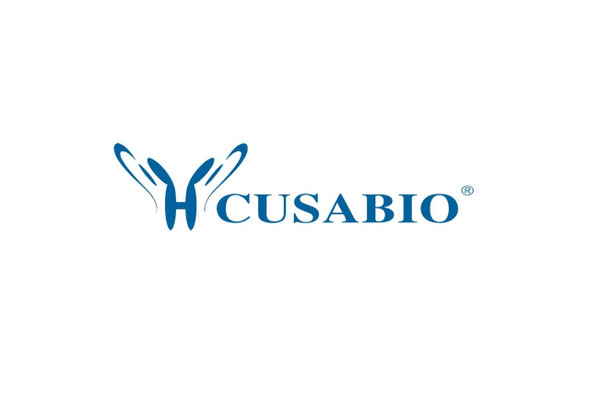Cusabio Mouse Recombinants
Recombinant Mouse Cold-inducible RNA-binding protein (Cirbp) | CSB-EP005440MO
- SKU:
- CSB-EP005440MO
- Availability:
- 3 - 7 Working Days
Description
Recombinant Mouse Cold-inducible RNA-binding protein (Cirbp) | CSB-EP005440MO | Cusabio
Alternative Name(s): A18 hnRNP Glycine-rich RNA-binding protein CIRP Cirp
Gene Names: Cirbp
Research Areas: Cell Biology
Organism: Mus musculus (Mouse)
AA Sequence: MASDEGKLFVGGLSFDTNEQALEQVFSKYGQISEVVVVKDRETQRSRGFGFVTFENIDDAKDAMMAMNGKSVDGRQIRVDQAGKSSDNRSRGYRGGSAGGRGFFRGGRSRGRGFSRGGGDRGYGGGRFESRSGGYGGSRDYYASRSQGGSYGYRSSGGSYRDSYDSYATHNE
Source: E.coli
Tag Info: N-terminal 6xHis-tagged
Expression Region: 1-172aa
Sequence Info: Full Length
MW: 22.6 kDa
Purity: Greater than 90% as determined by SDS-PAGE.
Relevance: Cold-inducible mRNA binding protein that plays a protective role in the genotoxic stress response by stabilizing transcripts of genes involved in cell survival. Promotes assembly of stress granules (SGs), when overexpressed. Seems to play an essential role in cold-induced suppression of cell proliferation. Acts as a translational repressor. Acts as a translational activator. Binds specifically to the 3'-untranslated regions (3'-UTRs) of stress-responsive transcripts RPA2 and TXN.
Reference: "A glycine-rich RNA-binding protein mediating cold-inducible suppression of mammalian cell growth." Nishiyama H., Itoh K., Kaneko Y., Kishishita M., Yoshida O., Fujita J. J. Cell Biol. 137:899-908(1997)
Storage: The shelf life is related to many factors, storage state, buffer ingredients, storage temperature and the stability of the protein itself. Generally, the shelf life of liquid form is 6 months at -20?/-80?. The shelf life of lyophilized form is 12 months at -20?/-80?.
Notes: Repeated freezing and thawing is not recommended. Store working aliquots at 4? for up to one week.
Function: Cold-inducible mRNA binding protein that plays a protective role in the genotoxic stress response by stabilizing transcripts of genes involved in cell survival. Promotes assembly of stress granules (SGs), when overexpressed. Seems to play an essential role in cold-induced suppression of cell proliferation. Acts as a translational repressor. Acts as a translational activator. Binds specifically to the 3'-untranslated regions (3'-UTRs) of stress-responsive transcripts RPA2 and TXN.
Involvement in disease:
Subcellular Location: Nucleus, nucleoplasm, Cytoplasm
Protein Families:
Tissue Specificity: Ubiquitous.
Paythway:
Form: Liquid or Lyophilized powder
Buffer: If the delivery form is liquid, the default storage buffer is Tris/PBS-based buffer, 5%-50% glycerol. If the delivery form is lyophilized powder, the buffer before lyophilization is Tris/PBS-based buffer, 6% Trehalose, pH 8.0.
Reconstitution: We recommend that this vial be briefly centrifuged prior to opening to bring the contents to the bottom. Please reconstitute protein in deionized sterile water to a concentration of 0.1-1.0 mg/mL.We recommend to add 5-50% of glycerol (final concentration) and aliquot for long-term storage at -20?/-80?. Our default final concentration of glycerol is 50%. Customers could use it as reference.
Uniprot ID: P60824
HGNC Database Link: N/A
UniGene Database Link: UniGene
KEGG Database Link: KEGG
STRING Database Link: STRING
OMIM Database Link: N/A









